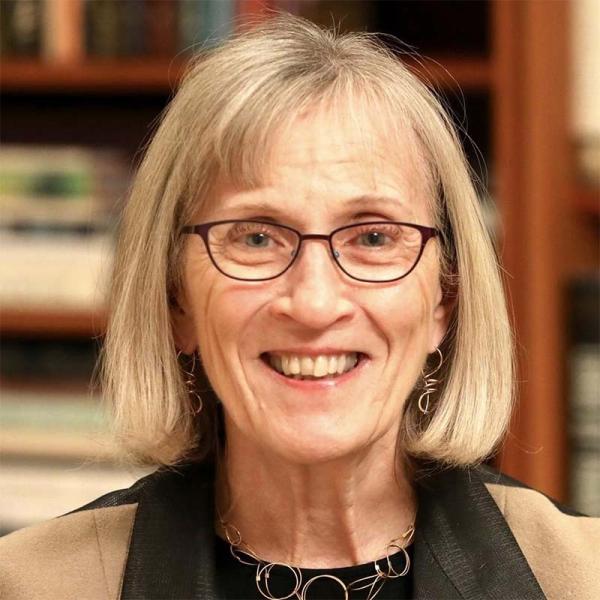In their early 30s, people born in the early 1980s have average (median) net household wealth of £27,000 per adult – including housing, financial and private pension wealth. This is about half the median wealth that those born in the 1970s had at around the same age (£53,000).
This is among the main findings of new IFS research published today, which for the first time looks at both the overall household wealth and total income of different generations.
It looks like those born in the early 1980s are likely to find it harder than their predecessors to build up wealth in housing and pensions as they age. They have much lower home-ownership rates in early adulthood than any other post-war cohort, and – outside the public sector – have much less access to generous Defined Benefit pension schemes than previous generations did at the same age.
Other findings include:
- Those born in the early 1980s were the first post-war cohort not to enjoy higher incomes in early adulthood than those born in the previous decade. This is partly the result of the overall stagnation of working-age incomes, but it also reflects the fact that the Great Recession hit the pay and employment of young adults the hardest.
- Those born in the early 1980s have much lower home-ownership rates in early adulthood than any generation for half a century. At the age of 30, only 40% of those born in the early 1980s were owner-occupiers, compared to at least 55% of the 1940s, 1950s, 1960s and 1970s cohorts.
- In their late 20s, renters born in the early 1980s spent nearly 30% of their net income on housing costs (largely rents) on average, compared to 15% for homeowners (largely mortgage interest). At the same age, renters and homeowners born in the 1960s both spent around 20% of their income on housing costs on average. Hence, the decline in homeownership has been accompanied by a divergence in the costs paid by renters and homeowners
- Outside of the public sector, those born since 1970 have much less access to generous Defined Benefit (DB) pensions than previous generations did. In their early 30s, less than 10% of private-sector employees born in the early 1980s were active members of a DB scheme, compared to more than 15% of those born in the 1970s and nearly 40% of those born in the 1960s. The recent introduction of ‘auto-enrolment’ means that younger cohorts have higher overall pension membership than their predecessors did but at much lower levels of generosity.
Andrew Hood, an author of the report and a Research Economist at IFS said: “By the time they hit their early 30s, those born in the early 1980s had about half as much wealth as those born in the 1970s did at the same age. Sharp falls in home-ownership rates and in access to generous company pension schemes, alongside historically low interest rates, will make it much harder for today’s young adults to build up wealth in future than it was for previous generations.”
ENDS
Notes to Editors:
The Economic Circumstances of Different Generations: The Latest Picture by Jonathan Cribb, Andrew Hood and Robert Joyce has been published on the IFS website here: https://www.ifs.org.uk/publications/8583
Funding for the research from the ESRC-funded Centre for the Microeconomic Analysis of Public Policy at IFS (grant number ES/M010147/1) is gratefully acknowledged.











